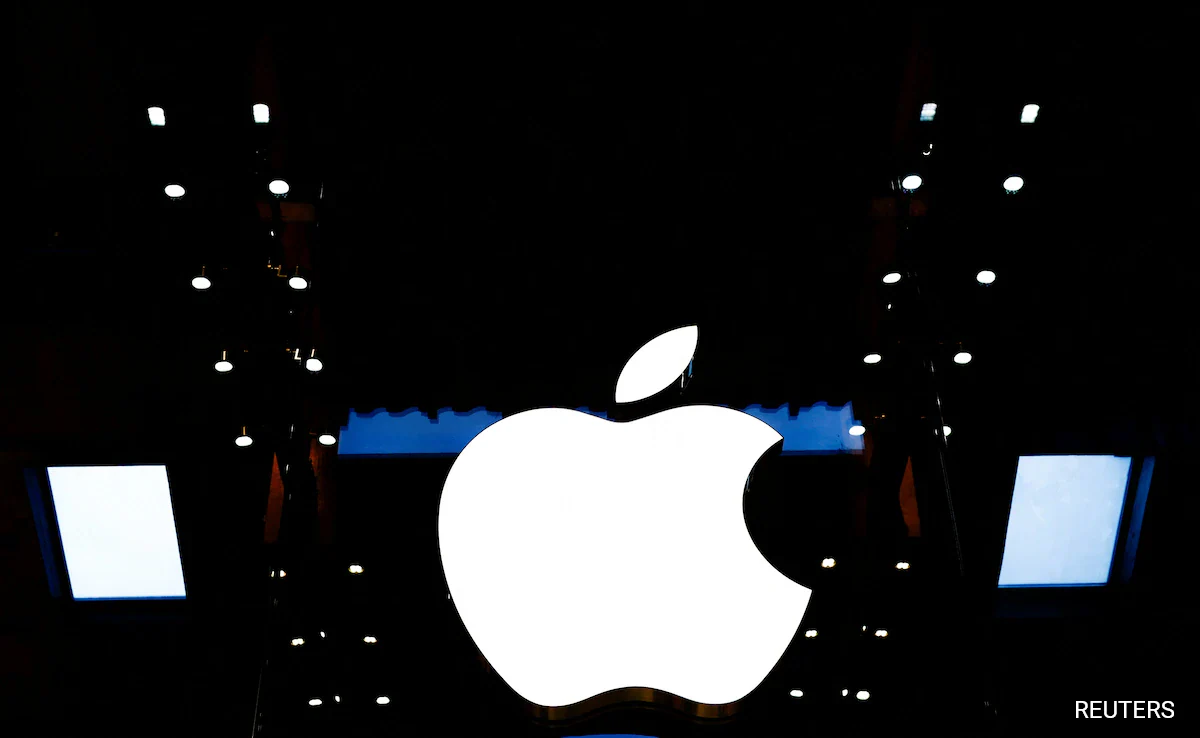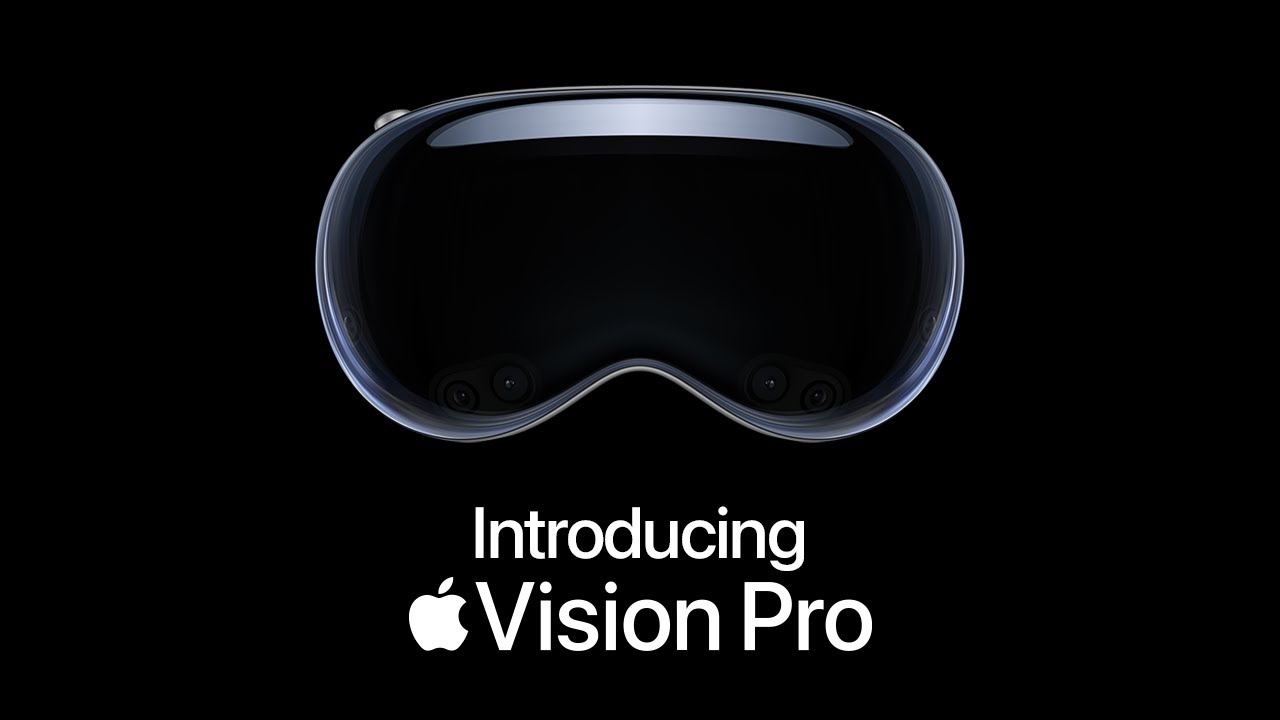Doctors say: too many healthy people are sent to the hospital Apple Watch
Apple Watch’s heart-monitoring feature often leads to unnecessary doctor visits, according to new research published this week. Only about 10% of people who see a doctor at the Mayo Clinic on the advice of a smartwatch because of heart rate problems actually have heart disease.

Research shows that such home health monitoring devices can lead to over-exploitation of the health care system. So wrote study author Heather Heaton, assistant professor of emergency medicine at the Mayo Clinic College of Medicine, in an email to The Verge. This can increase the waste of both patients and the system as a whole, as well as waste the time of the doctor and potential patient.
Ms. Heaton and the research team reviewed patient records at Mayo clinics, including offices in Arizona, Florida, Wisconsin, and Iowa, for Apple Watch references over the six-month period from December 2018 to April 2019. That is, in the period after Apple introduced the function of detecting abnormal heart rhythms and after the publication of research on the quality of detection by the watch of atrial fibrillation.
A total of 264 patients were found who said their Apple Watch had an alarming heart rate. Of this group, 41 directly mentioned receiving a warning from their watch (others might have had a warning, but this was not reflected in their medical record). Half of the patients already had a diagnosis of heart failure, including 58 who had previously been diagnosed with atrial fibrillation. About two-thirds had symptoms, including dizziness or chest pain.
In total, only 30 examined patients from this sample were diagnosed after visiting a doctor. Thus, most of the cardiac monitoring data were likely false positives. False positives, even if the patient is ultimately healthy, can still cause problems: they can push patients towards unnecessary medical attention and can cause stress and anxiety. Even people who are asymptomatic, like some of the participants in this study, may feel the need to talk to a doctor about abnormal performance in their wristwatch.
“It is difficult for the user to ignore the warning that he may have a serious illness, ” Kirk Wyatt, assistant professor of pediatrics at Mayo Clinic and study author, told The Verge.
These trends are not new. For many years, doctors have been confronted with patients who come to their office after online testing, according to Ms. Heaton. But smartwatches passively track the readings of people who don’t necessarily want to know their diagnosis. And Apple isn’t the only company encouraging people to see a doctor: the Samsung Galaxy Watch 3 has an ECG function, just like the Fitbit Sense smartwatch. Although the percentage of people who may have abnormal heart readings is relatively low (Apple Watch research found less than 1% of users had a warning), millions of people use these products. As a result, thousands of people go to the doctor without a real need.
People may not understand how well these wearable devices actually work and what they should be used for. For example, patients already diagnosed with atrial fibrillation should not use the feature on their Apple Watch, but more than 20% of people in the Mayo Clinic study already had this diagnosis. Also, this feature is not intended for use by individuals under the age of 22, but nearly two dozen people with research records fell into this age category.
As a result, doctors like Ms. Heaton are expressing concern that the proliferation of such devices could cause unnecessary confusion and stress for patients.








